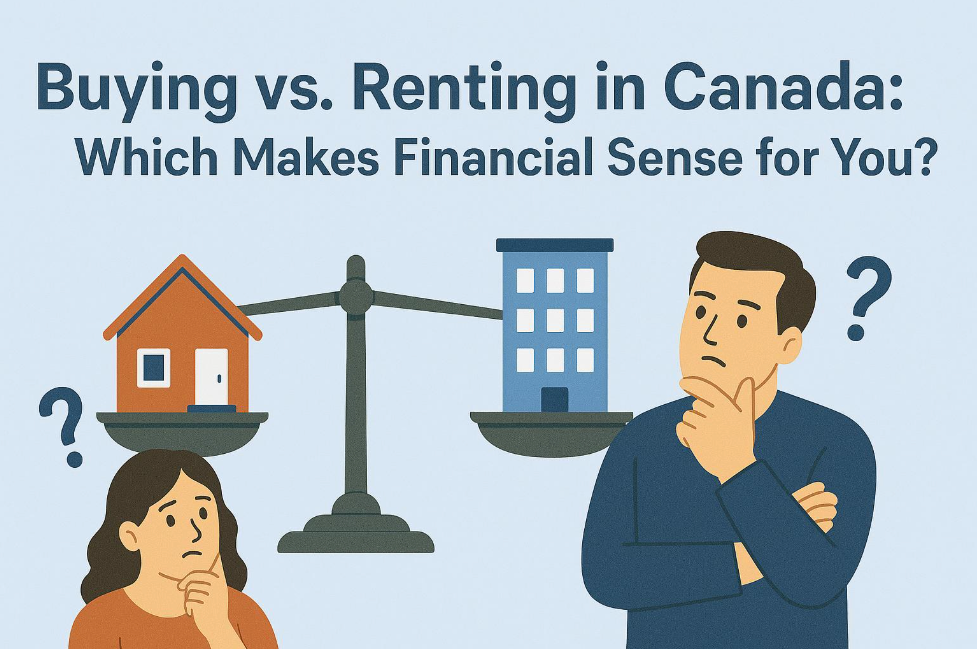6 Tips for Success on Multiple Offer Home Purchases
The real estate market in Vancouver and Toronto is once again on a rampage!
There is low home inventory levels and historically low interest rates, making newly-listed homes sell quickly! Many homes are receiving multiple purchase offers, which is excellent news for sellers
… not such good news for buyers.
As a home buyer, you need to be prepared!!
Buying a home is exciting, but having to compete for a home on which there are multiple offers increases a home buyers stress level. During multiple offer situations, the seller has no obligation to accept or negotiate any of the offers. Moreover, the seller has the liberty to choose the best offer to negotiate and they will accept the one that best reflects their needs.
While price it is important, it may not be the only factor sellers consider. Other factors they will look at include subject conditions and completion and possession dates.
Six tips for going into multiple offer situations
1. Work with a Mortgage Broker to Get Pre-Approved , versus Pre-Qualified
So you’ve gone into the bank and after a couple of questions they tell you are Pre-Approved… If you haven’t provided any documentation or run your credit – you’ve probably got a rate hold.
An important aspect of buying a home is knowing how much you can afford. Work with your Mortgage Broker to determine what you are comfortable paying on a monthly basis fits your budget. Make sure you know the highest amount you can offer.
 There are major differences between pre-qualification and pre-approval
There are major differences between pre-qualification and pre-approval
- First we must understand the concept of pre-qualification. When a bank takes a quick look at a buyer’s overall financial picture based on what the buyer tells them, they may look at the buyer’s credit bureau to make sure their credit scores are in line with the current mortgage guidelines.
- A pre-approval is more involved. Here you will work with your Mortgage Broker to gather all the mortgage documentation up front, so everything is ready to go when it comes time to make an offer on a home.
- Once you make an offer, time will be of the essence. You don’t want the added stress of collecting documents while negotiating and during the subject condition period.
- Getting a pre-approval includes such things as: pulling your credit bureau, collecting tax returns (NOA’s), T-4’s, pay stubs, bank statements (to prove down payment), assets, liabilities, employment status, income, gifted down payments, any other properties you own, etc.
- Pre-approvals are still subject to the lender approving the property (including strata docs for condo’s & townhouses) along with an appraisal being done on the subject property to determine current value. Appraisers are the bank’s eyes on the property you are buying, therefore lenders will only accept appraisers on their approved list. Appraisals can be a problem if you have reached your down payment limit and the price you paid for the property cannot be supported by the lender’s appraiser.
In a multiple-offer situation, having a Pre-Approval Certificate is extremely important and often helps the seller choose who they want to work with.
2. Engage an experienced Real Estate Agent
Having the right Realtor can be critical to your interests. Your agent should be very experienced in working with Multiple Offers. Make sure they know and respect your spending limit.
- Ask your Realtor to respectfully request if they could be notified if you are close in the bidding and would you have a chance to sweeten your offer? You never know until you ask.
- Once you set your budget, stick to it! Determine exactly how much you can afford if you end up in a multiple offer scenario. A reputable agent won’t try to upsell you and/or encourage you to go above your budget. They will research comparable properties in the area and advise you.
3. Consider doing a home inspection ahead of time
Do everything possible to arrange for a pre-inspection of the property. It shows the seller that you are serious about purchasing. The seller may consider your offer more readily if it doesn’t include a “subject to inspection” clause. It is inadvisable to buy a property without a home inspection; it could cost you in many ways down the road.
4. Be very flexible
Winning in a multiple offer situation is sometimes as easy as agreeing to certain seller conditions such as: closing dates, purchasing a property “as is” or even tightening the subject removal dates.
Have your Realtor ask the seller’s Realtor for ideal closing dates. This may be important to the seller if they have already bought another property and want to move ASAP or if they want to remain in the home and rent back for a few months. Try to have as many of the seller’s preferences as possible satisfied when making your own offer. Being flexible and trying to make the transaction as easy as possible for the seller could win over a higher-dollar offer.
5. Write a letter
You may wish to draft a personal letter (including a family picture) or even make a video for the sellers explaining how much you love their home and would like to raise your family there. It creates an emotional connection. Buying and selling a home is an emotional time for everyone, especially if the seller has lived there for a long time raising their own family. Sometimes, it’s not about the highest offer; some sellers might feel a strong connection to you and your family and decide they want to sell to someone who will really appreciate their home.
6. Know when it’s time to “Just Say No!”
Multiple offer situations are stressful. You need to know what you can afford to spend and stick to your budget. Remember it’s your money and your life, so you get to make the final decision.
Purchasing a home is not just about being smart, it is also about being comfortable regarding the decision you made. You need to find a home that will be a great place to create wonderful memories and start building equity.
Any questions? Give me a call!
Kelly Hudson Mortgage Expert
Mobile: 604-312-5009
Kelly@KellyHudsonMortgages.com
www.KellyHudsonMortgages.com



Let's do this together.
Sign up to our newsletter
Thank you for contacting me.
I will get back to you as soon as possible
Please try again later
All Rights Reserved | Mortgage Architects




